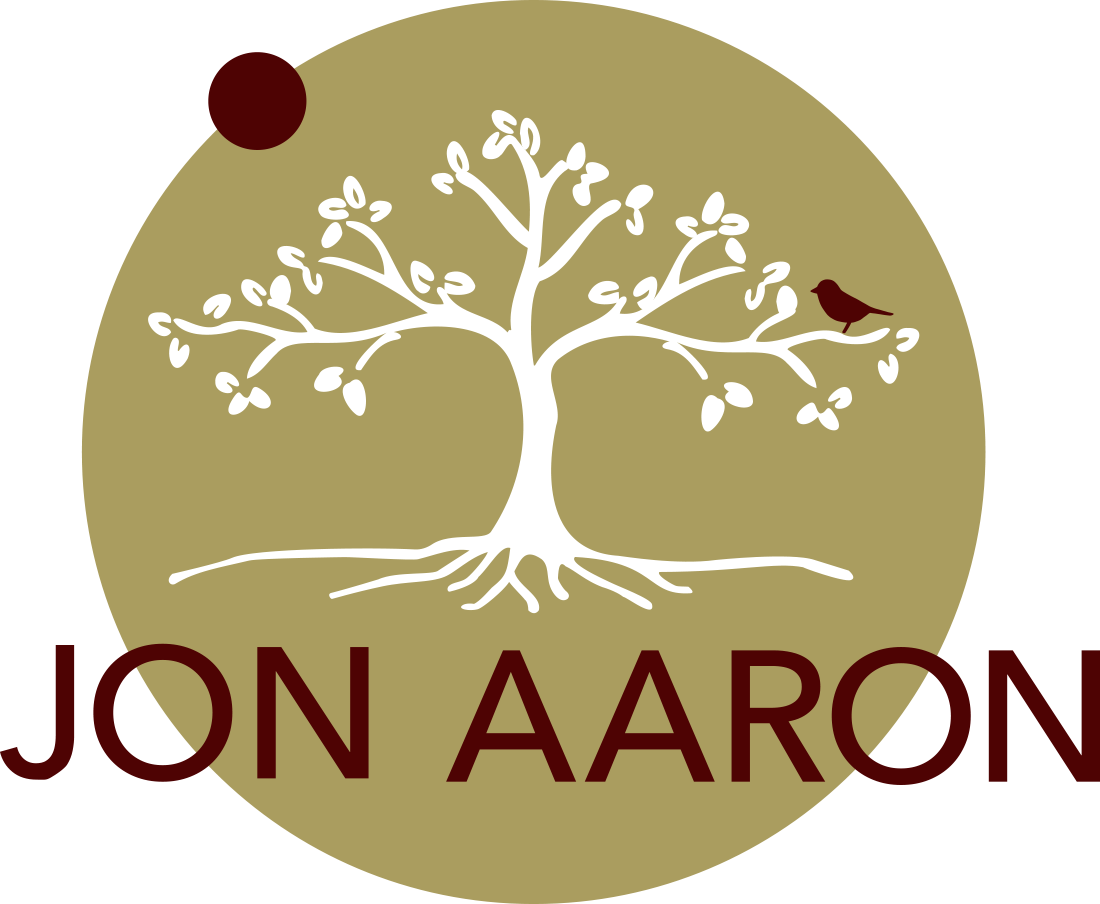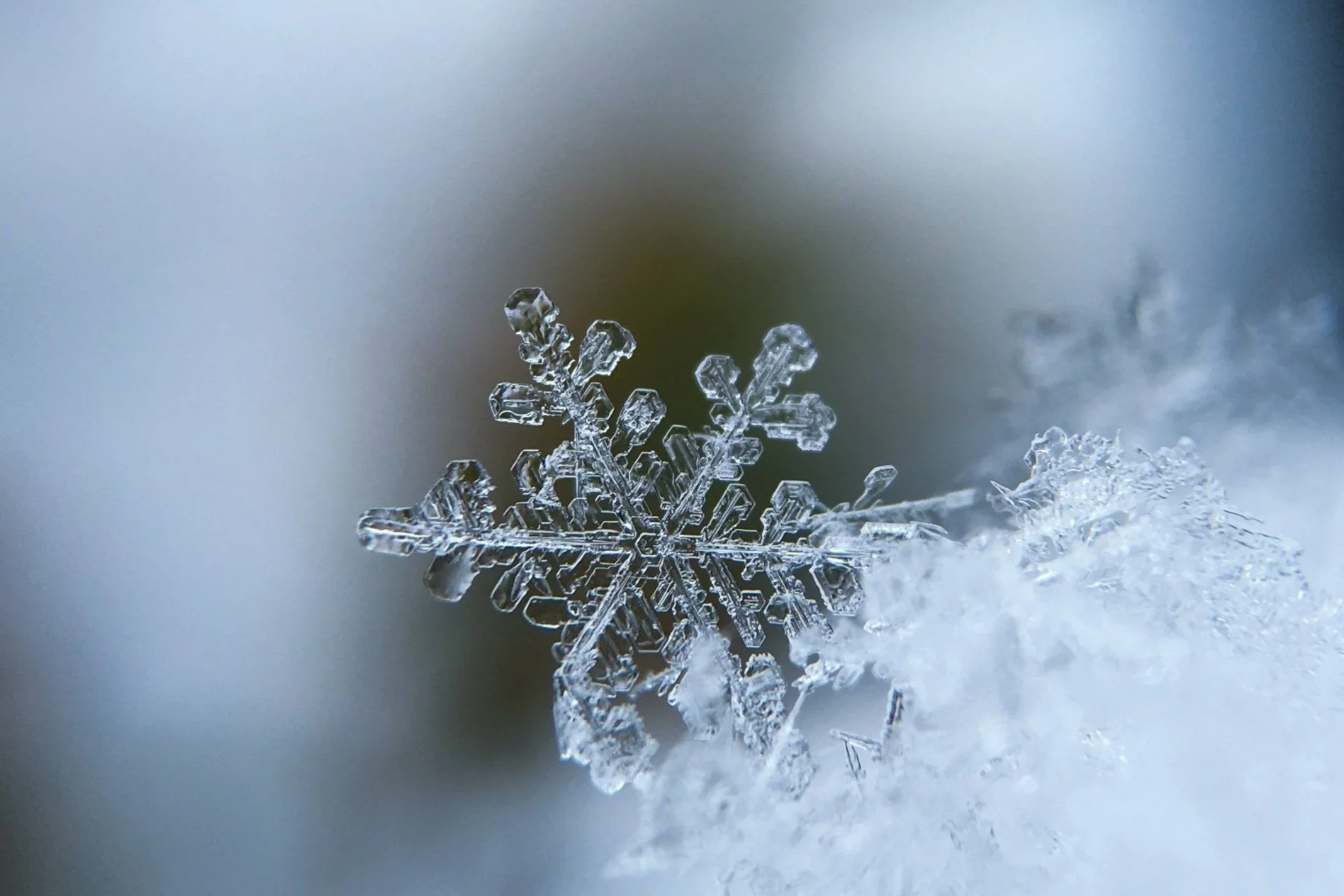Celebrating a True Miracle
As you read this, it is likely to be the week of the Jewish holiday of Chanukah, or perhaps the week of Christmas. Chanukah is often called the Miracle of Lights, and Christmas is the miracle of the birth of Jesus. One way of seeing things is that both are about the miracle of faith, or rather our faith in miracles.
There are countless supernatural phenomena described in Buddhist scriptures, both from the early and later traditions, even if Anglo-European readers often brought a selective rationalist lens to Buddhist literature. But of course, when it comes to miracles, the reference that comes to mind is Thich Nhat Hanh’s earliest and probably most famous book: The Miracle of Mindfulness.
Mindfulness truly is a miracle and one we all have the option to realize. It’s nothing supernatural. It is innate to all of us who are born in this human realm.
In the Course of Miracles tradition, which comes out of the Christian tradition, a miracle is defined as “a shift in perception.” This strikes me as very Dharmic!
I find it worth recalling how my life was before I fully took in the teachings on mindfulness. I had been meditating in one form or another for many years prior to reading Thich Nhat Hanh’s book. But whatever I was doing was more about concentration and finding some kind of higher level of consciousness. I’m not even sure I knew what mindfulness was. Through Thich Nhat Hanh’s book, it became clear to me that mindfulness (sati in the original language of the Buddha) was about attending to what is here and now, in an open, curious and accepting way.
At some point along the way, I realized that I was missing out on most of my life. It was just passing me by—or rather, I was passing it by! I constantly looked at what I didn’t have and wanted, as opposed to what was always with me. And even then, it took many years before I realized that I was taking the term “present moment awareness” a bit too literally. What is the present moment, anyway?
In time, with the support of teachers and extended practice, I saw that “the present moment” or “the now” is the continual unfolding of life. I saw that there is no “me” experiencing a moment. The unfolding moments are continually creating the experience I call “me.” Once that was seen clearly and directly, then life became much lighter.
When I fall back into old patterns of being or thinking (which is often!), I suffer. Usually when I’m caught in one of these patterns, I can laugh about it, but there are certainly many times when this isn’t the case. I obsess about things not done, or things I should be doing or—well, you name it! I get caught in papanca—the proliferation of unhelpful thoughts. Eventually, however, I get gently knocked on the head by my practice or a good friend and wake up!
Mindfulness is truly a path to freedom. This is especially true when it is combined with ethics (non-harming), compassion, and insight into the three “marks if existence:” impermanence, suffering, and the delusion of self. In fact, mindfulness without ethics, compassion, and right view is merely paying attention. Yet, there is so much more to the practice than just paying attention!
I’m referring here to the Buddha’s original teachings on mindfulness, which he considered to be the First Factor of Awakening, as well as a branch of the Noble Eightfold Path to lasting freedom. Those teachings—the Satipatthana Sutta (Four Foundations of Mindfulness) and the Anapanasati (Mindfulness of Breathing) are at the heart of all the “secular” teachings of mindfulness today.
So, this Holiday Season, let’s celebrate a miracle which is available to all of us—mindfulness. Remember, when we recognize the absence mindfulness, that is a moment of mindfulness we can rejoice in, and not a failure. And when we feel stuck, we can ask for a miracle – that is to say, a shift in perception, a fresh way of seeing things, an insight into the nature of reality.
As we enter 2023, let’s recommit to that natural capacity, and to our meditation practice. While mindfulness itself is not meditation, it was clear that meditation is one of the best ways to cultivate and strengthen mindfulness.

